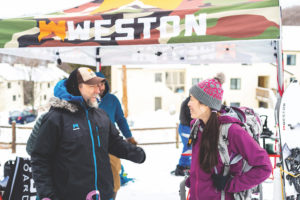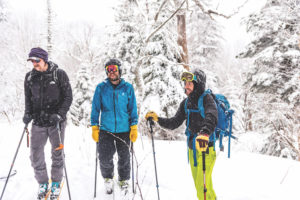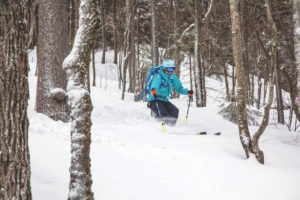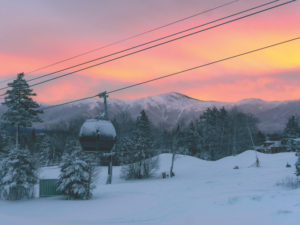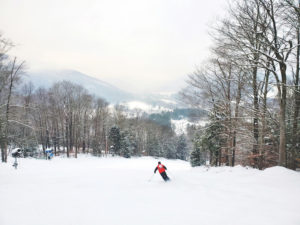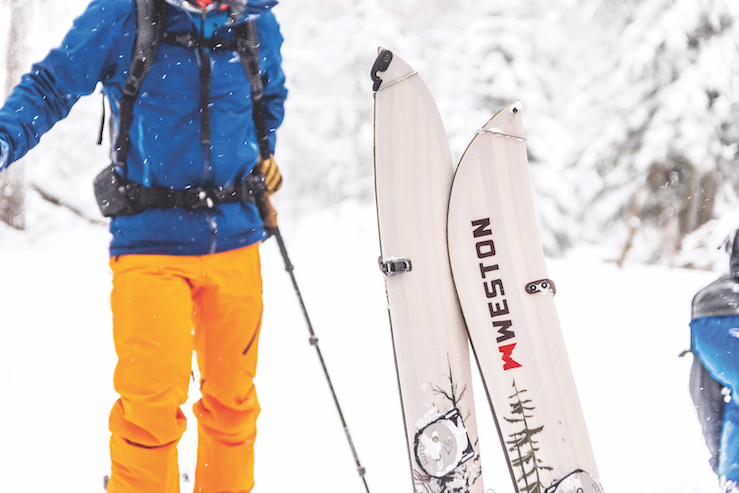
Leo Tsuo didn’t anticipate working behind the counter at a small snowboard shop when he was offered a job for Weston in Minturn, Colorado. He had recently returned to his home state after an eight-year stint in New Jersey working on the financial side of a solar start-up and was looking for a more fulfilling career path to follow.
But after a tip-off from a friend about a snowboard shop looking for some help along with the call of family and Colorado’s expansive terrain, it appeared Tsuo was headed in the direction of professional ski bum — one of the best jobs in the industry.
“When I first walked into the shop there was a 1979 Tucker Sno-Cat parked out front,” recalled Tsuo. “Right on the front door there was a huge sign that said, ‘Go forth and slay pow.’ It was a really cool spot. At first, I thought I was getting hired for some sort of marketing job or to be an advisor or consultant — to use some of my entrepreneurship and start-up experience, but I ended up really just being a shop employee.”
But that wasn’t the case for long. In 2016, Barry Clark, the founder of Weston and an avid surfer and snowboarder, decided to move back to his home state of California, leaving the company in Tsuo’s hands.
